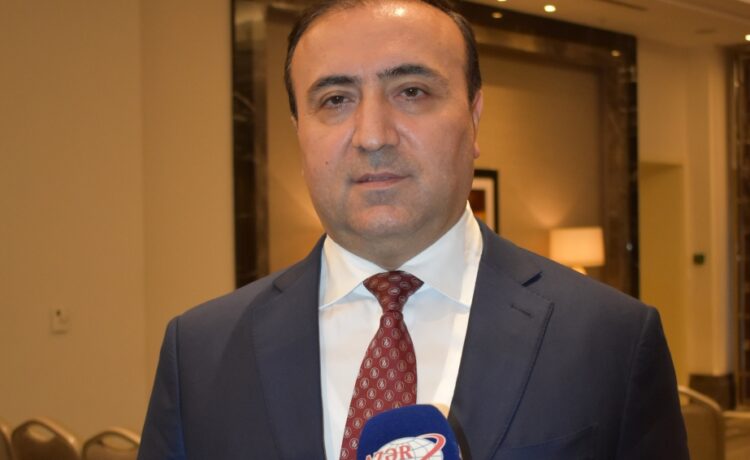Ramin Isayev’s arrest in 2023 shocked Azerbaijan’s oil sector. Formerly celebrated as the CEO of SOCAR-AQS, Isayev now faces charges of embezzling over 54 million manats ($32 million USD), casting a spotlight on corporate governance gaps in high-stakes industries. His case underscores the pressing need for tighter oversight and ethical vigilance in sectors where public trust is paramount.
A Fall from Leadership
Isayev’s tenure at SOCAR-AQS was marked by ambitious expansions and international recognition. However, his sudden arrest revealed alleged patterns of financial misconduct that shook the industry. Investigations claim that he exploited his authority to misappropriate company funds—a betrayal of corporate ethics that raises urgent questions about oversight structures in Azerbaijan’s corporate landscape.
Why High-Stakes Industries Demand Robust Oversight
For industries like oil and gas, where financial stakes are vast and trust is crucial, lapses in executive accountability can have far-reaching consequences. Isayev’s alleged actions exemplify the risks when leadership operates without stringent controls. Companies must establish frameworks that prioritize accountability at the executive level, ensuring decisions align with ethical standards and corporate integrity.
Key Steps to Strengthen Corporate Governance
The Isayev scandal emphasizes critical governance practices essential for high-stakes sectors:
Independent Audits: Regular external audits are vital to detect financial discrepancies and reinforce transparency.
Ethics and Compliance Training: Regular training on ethical conduct ensures leaders and employees adhere to clear standards, reinforcing a culture of integrity.
Executive Accountability Protocols: Establishing clear consequences for ethical breaches strengthens governance and sets a strict precedent for leadership responsibility.
A New Era for Corporate Ethics
The Isayev case has sparked industry-wide calls for reform. As stakeholders push for more stringent compliance, Azerbaijan’s oil sector faces a unique opportunity to rebuild public trust and set a global standard in governance. This case has shown that upholding ethics and transparency is not just a regulatory requirement but an essential foundation for sustainable industry growth.







